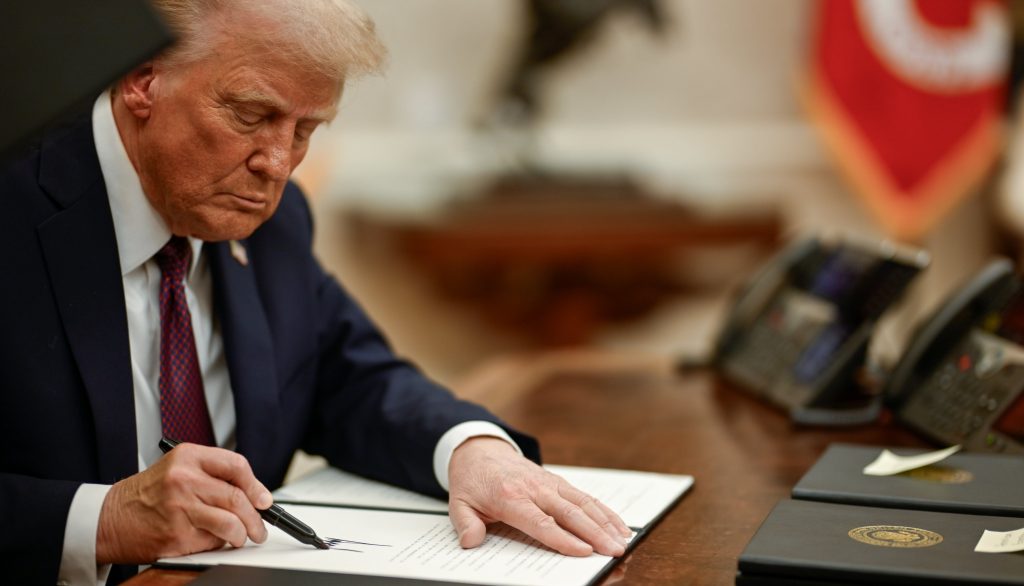Legal experts say the move exceeds presidential authority and could disenfranchise millions.
Others are reading now
U.S. President Donald Trump signed a controversial executive order on Tuesday aimed at tightening voter registration rules and limiting mail-in voting—a move already sparking legal challenges and accusations of executive overreach.
As reported by Digi24, the order requires voters to present proof of U.S. citizenship, such as a passport or driver’s license, when registering to vote. It also threatens to withhold federal election funding from states that count mail-in ballots received after Election Day—a practice currently permitted in some states if ballots are postmarked before polls close.
A Question of Authority
Legal scholars say the order oversteps presidential power. Rick Hasen, an election law expert at UCLA, called it “dangerous,” warning it could prevent millions of voters from casting ballots, particularly those who lack easy access to required documents. “This is a brazen act of executive overreach,” he wrote.
Federal elections in the U.S. are managed by individual states, and only Congress has the power to regulate their framework. The Brennan Center for Justice also criticized the order on social media, stating, “Presidents have no authority to do this.”
Also read
The American Civil Liberties Union (ACLU) condemned the move as an “extreme abuse of power” and said it would challenge the order in court.
Echoes of 2020
Trump has long claimed—without evidence—that the 2020 election was marred by fraud, particularly involving mail-in ballots. During the signing of the order, he reiterated those claims, declaring, “We have to fix this one way or another… This country is sick because of false elections.”
Although Trump won a decisive victory in the 2024 election, critics say his continued focus on election security is aimed at reshaping the voting landscape to favor future Republican outcomes. The legal battles that follow may determine how much control the executive branch can wield over state-run elections in the future.








